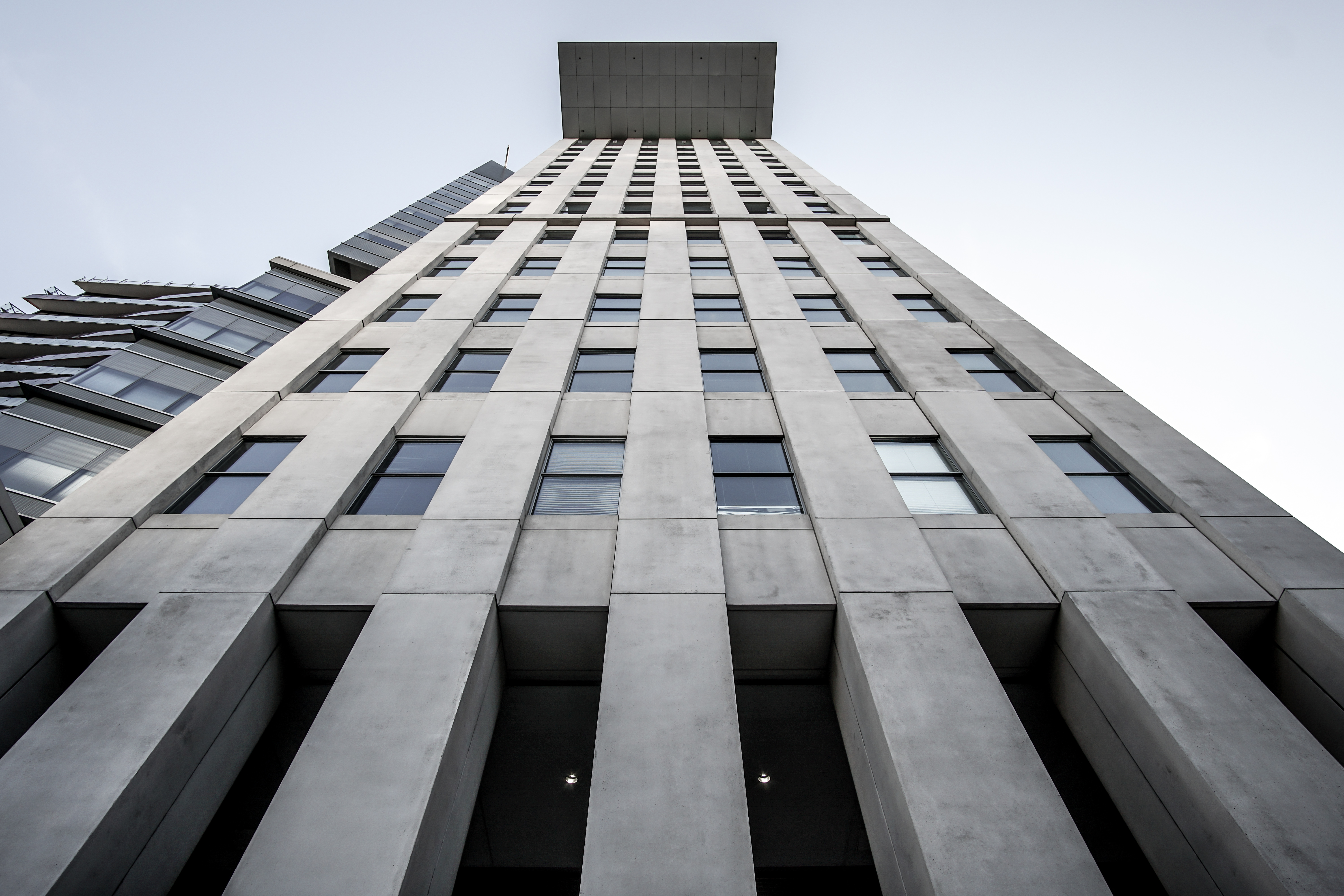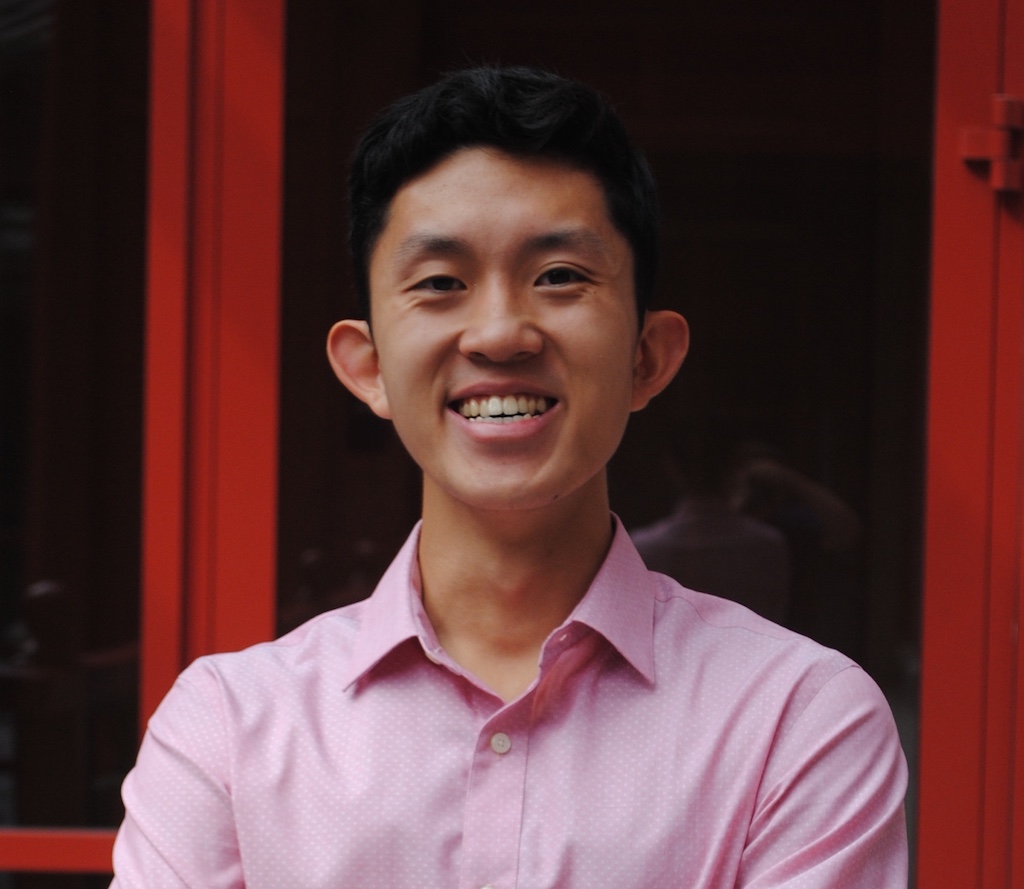Canadian Intelligence Service Broke the Law in Security Investigations, Court Says
What’s in the decision ruling that Canada’s intelligence service failed to disclose that information in national security warrant applications was likely illegally obtained?

Published by The Lawfare Institute
in Cooperation With

Federal Court holds that Canadian Security Intelligence Service Broke the Law
On July 16, the Federal Court—Canada’s national trial court—made public a decision that addressed the legality of certain operations conducted by the Canadian Security Intelligence Service (CSIS), the country’s national intelligence service. Justice Patrick Gleeson, a former legal officer for the Canadian Armed Forces and a noted national security expert, delivered the judgment. He concluded that: (1) CSIS breached the duty of candor it owed to the court by failing to disclose information that was likely illegally obtained, and (2) a comprehensive external review ought to be initiated to identify the failures and shortcomings that led to CSIS’s operations.
The key question that Justice Gleeson addressed was whether a designated judge who issues a warrant under the CSIS Act can “rely on illegally collected information.” In the cases under discussion, CSIS agents provided payments over multiple years to human sources who were linked to terrorist organizations, as part of CSIS’s efforts to gain intelligence about Canadians who left the country to fight for extremist and terrorist groups abroad. Such payments, according to the Senior General Counsel for the Department of Justice’s National Security Litigation and Advisory Group, which represents and advises CSIS, “was likely contrary to the anti-terrorism provisions of the Criminal Code.” The Justice Department acknowledged that in “an effort to collect information on the threat related activities of individuals in hostile and difficult locations,” CSIS in one case paid an individual “known to be facilitating or carrying out terrorism an amount totalling less than $25,000 over a few years.”
In evaluating applications for warrants under the CSIS Act the court is sometimes allowed to “consider information likely collected in contravention of the law.” Justice Gleeson affirmed that the court may consider such information, but only after employing a multi-factor balancing test. Those factors include the “seriousness of the likely illegal activity; the circumstances in which likely illegality occurred; the impact of any likely illegality on issues of fairness and individual rights; and broader societal interests that may be engaged.”
The main problem, in Justice Gleeson’s eyes, was that CSIS had breached its duty of candor to the court. The service had also acted despite internal legal advice, which had warned that payments to human sources linked to terrorist organizations likely breached the law.
First, the government breached the duty of candor. In its warrant applications before the Court, neither CSIS “nor counsel for the Attorney General of Canada” identified that the evidence presented had been “potentially illegally collected.” Justice Gleeson thus held that CSIS and its Department of Justice counsel had breached the “duty of candour,” under which parties have an obligation to present complete and thorough evidence and cannot withhold relevant information that is adverse to their interests. Moreover, Justice Gleeson noted that the duty of candor does not only apply in the courtroom: those with leadership positions within CSIS and the Department of Justice “must identify and implement the institutional structures and processes necessary to ensure individual and institutional compliance with the duty.”
Second, Justice Gleeson noted that CSIS had acted in contravention of internal legal opinions. A January 2017 internal opinion warned that CSIS had no immunity for “high legal risk operations,” and the agency thus initially halted these operations. The CSIS director met with the deputy Minister of Justice, who pledged to review the opinion, but the latter never informed CSIS of the results of the Justice Department’s review. In March 2017, the director of CSIS resumed the approval of such operations. After the director’s retirement in May 2017, the new director of CSIS continued to approve such operations. CSIS only stopped approving such operations in January 2019, when the Senior General Counsel of the Department of Justice’s National Security Litigation and Advisory Group issued a legal opinion, which concluded that the service was not authorized to commit criminal offences. Clearly, Justice Gleeson concluded, there were a number of “systemic, governance and cultural shortcomings and failures that resulted in the Canadian Security Intelligence Service engaging in operational activity that it has conceded was illegal.”
Justice Gleeson thus recommended a comprehensive external review, which, among other issues, would investigate “the manner in which legal advice is delivered to the Canadian Security Intelligence Service.” In a press release, David Vigneault, the current director of CSIS, promised to address the court’s concerns and noted that CSIS had already “commissioned a review of CSIS’s duty of candour obligations” and created a “dedicated unit specifically charged with ensuring our disclosure obligations to the Federal Court are well understood and met.”
Human Rights Watch calls on Canadian government to Repatriate Citizens Detained in Syria
On June 29, Human Rights Watch published a report, entitled “Bring me back to Canada,” which describes the “plight of Canadians held in Northeast Syria for alleged ISIS links.” The report noted that since the fall of the Islamic State (IS) in 2019, the Kurdish-led Autonomous Administration of Northeast Syria “has been detaining some 100,000 ISIS suspects and family members in prisons and camps throughout its...territory.” Among those 100,000 are at least 47 Canadians—8 men, 13 women and 26 children from 17 families.”
The report castigated the Canadian government, noting that “Canada has not repatriated or facilitated the return of any of its citizens detained in northeast Syria including the 26 children, most or all of whom never chose to live under ISIS.” The report noted that at least 20 countries, such as Denmark, Finland, France, Germany, Norway, the U.K. and the U.S., have repatriated citizens from the Syrian camps. Among other recommendations, Human Rights Watch called on the Canadian government to repatriate these Canadian citizens, to offer “rehabilitation and reintegration services and, as appropriate, investigate and prosecute those suspected of serious crimes in line with international fair trial standards.”
Even before the Human Rights Watch report, various national security experts had called on the Canadian government to repatriate its citizens from northeast Syria. Leah West, Amarnath Amarasingam and Jessica Davis, for example, wrote a piece in June of last year arguing that “the longer these Canadians are imprisoned, the more likely it is they could be transferred to the Syrian or Iraqi governments (both of which have appalling human-rights records); or they could be released, or escape (as we know some have already).” Because the atrocities these individuals facilitated or committed against innocent civilians started in Canada, the article concluded that the Canadian government has a responsibility to repatriate its citizens and to prosecute accordingly.
Prime Minister Justin Trudeau has thus far refused to commit to the repatriation of these Canadian citizens. As the Globe and Mail reports, Mr. Trudeau has said only that Canada is “trying to provide consular services to its citizens” and that the government’s “priority is the safety and security of Canadian diplomats.” Keeping Canadian citizens in Syrian camps may be politically expedient for the government, of course. As Canadian defense expert Chistrian Leuprecht has noted, if Trudeau repatriated Canadian citizens, “there will be a public perception that the government is supporting people who ... have possibly been engaged in very serious criminal offences.” Given the optics involved, the Trudeau government could well decide that the repatriation question is best left to a future administration.
Yet the government is already facing legal challenges to its refusal to repatriate citizens held in Syria. On July 14, the family of a young Canadian orphan stranded in an IS-detainee camp filed an application before Canada’s Federal Court. Amira, the five-year old orphan, was found on the side of a road after her parents and three siblings were killed in an airstrike last year. Amira’s uncle, a Toronto-based engineer, has been trying to get his niece back since then. As Global News reports, the Syrian Democratic Forces and the Autonomous Administration of Northeast Syria—that is, the authorities overseeing the detention camp in which Amira is held—have agreed to hand over the five-year-old orphan. The “only remaining obstacle” at this point is the Canadian government. Amira’s family alleges that the government’s failure to provide her with emergency travel documents and make an official request to repatriate her violates her rights as a citizen. The application thus requests the Federal Court to order Ottawa to “comply with its duty” to issue Amira the necessary travel documents and to work with Kurdish authorities “to facilitate her return to Canada.”
Other News
Hussein Sobhe Borhot, a Calgary man, has been charged with four terrorism offenses for allegedly traveling to Syria in 2013 and joining the Islamic State. As Jessica Davis and Michael Nesbitt note, three of the charges are related to “the offence of participating in a terrorist group.” The fourth offense is that of “committing an offence for a terrorist group”—specifically, Borhot is accused of having committed a kidnapping “at the direction of, or in association with the terrorist group.” As the Royal Canadian Mounted Police—Canada’s national police service—notes, the charges against Borhot are the result of a complex seven-year-long national security investigation. On July 30, an Alberta provincial court judge granted Borhot bail; Borhot will have to abide by a number of conditions, including wearing a GPS-enabled ankle monitor.
Ottawa has promised to review the award of multiple contracts to the Chinese high-tech company Nuctech after concerns arose regarding the company’s connections to the Chinese Communist Party. Nuctech, which was founded by the son of former Chinese President Hu Jintao and is nicknamed the “Huawei of airport security,” won a $6.8 million deal to supply security equipment for 170 of Canada’s embassies, consulates and high commissions. The government’s decision to grant Nuctech the contract had attracted criticism. John Ivison, a columnist for the right-leaning National Post, argued that “Nuctech is wholly owned by a government that we know spies on us. If it is not our enemy, it is certainly not our friend.”
As Global News reports, a number of Canadian security experts and former officials believe that the Canadian government is now likely to bar Huawei from its 5G networks, especially after a series of decisions by Canada’s closest allies. On June 30, the U.S. Federal Communications Commission designated Huawei and ZTE, both Chinese tech firms, as “national security threats.” Then, on July 14, the British government announced that it would ban Huawei equipment from the country’s 5G network. Of Canada’s other Five Eyes allies, both Australia and the United States have banned Huawei from national 5G networks. Notably, however, the New Zealand government has indicated that it will not rule out Huawei from playing a role in that country’s wireless networks.



-final.png?sfvrsn=b70826ae_3)

